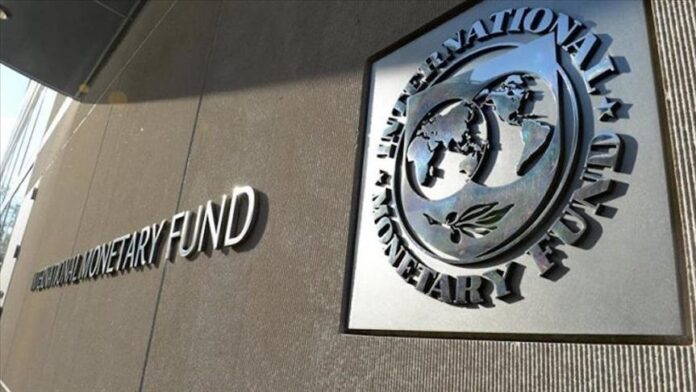IMF Approves $1.4B Loan: The International Monetary Fund (IMF) on May 10, 2025 approved a new $1.4 billion loan for Pakistan under its climate resilience fund. The move is seen as an international financial endorsement of Pakistan’s economic future. The approval was made despite India’s vehement protest against so-called risks of abuse of the funds.
The new aid is part of a larger $7 billion program. The IMF also approved favorably the first phase of that economic plan. This move freed up another $1 billion for outright disbursement. It brings total disbursements under the base program to $2 billion so far.
A Vote of Confidence in Pakistan’s Economic Recovery
Pakistan has taken important policy choices to stabilize its economy, according to the IMF’s executive board. They include structural reform and greater financial discipline. The IMF further noted that these initiatives have helped regain investor confidence, even in the face of a challenging global backdrop.
“The IMF has labelled this step very crucial in helping the recover of Pakistan. None of the new money from the climate-focused loan was distributed, however, at the time. The loan approval reflects confidence in Pakistan’s broader policy trajectory.
Also read : Federal Lands Sale in the West: House Proposal Faces Environmental Backlash
India Raises Alarms Over Fund Misuse
Although the loan can help stabilize Pakistan’s economy, India is not pleased. During IMF negotiations, India officially expressed concerns. Officials alleged that the money might be used to finance terrorism activities. These allegations come after a recent violent assault in Indian Kashmir. That attack killed 26 Hindu tourists, and it fueled renewed tensions between the two countries.
India believes that international funds can be diverted, given mounting cross-border threats. For that reason, it called upon the IMF to re-evaluate its assistance to Pakistan. India’s team focused on the need for tight control and tighter monitoring of fund use.
Pakistan Denies India’s Allegations
Pakistan Prime Minister Shehbaz Sharif moved quickly. He firmly denied India’s allegations and defended the integrity of Pakistan. He says that it was an ndia’s attempts to sabotage the IMF program have failed. He assured the world that only climate adaptation and economic recovery will be used for the funds.
Sharif also noted that staff-level agreements were signed before the recent skirmishes. This, he argued, is proof of Pakistan’s collaboration and openness with international organizations.
Rising Geopolitical Tensions
The environment under which this economic assistance is being given is becoming increasingly unstable. India and Pakistan continue to be involved in one of their most intense battles in decades. The Kashmir crisis has revived nationalist rhetoric in both countries. The IMF, nonetheless, proceeded with the loan.
Others consider the choice purely economic, and not political. The IMF also continues to state that its intention is to help recover and create stability, paying no heed to geopolitics. But realities on the ground make it hard to keep that balance.
Attention Still on Recovery and Climate
The $1.4 billion loan has a climate-resilience tie, not with general development. Pakistan is a highly climate-exposed country in the world. It has been hit by lethal floods, droughts, and rising food insecurity in recent decades. The loan will be used to fund green infrastructure, climate-resilient agriculture, and water management.
Pakistan’s central bank and finance ministry have pledged to implement strict tracking systems. They will be transparent and reduce opportunities for corruption. The government is hoping this loan will attract further foreign investment and assistance.
Also read : Navy Federal Credit Union Down: Report on Mobile App and Website Outages Made by Users
What This Means for the Region
The IMF move is a strong signal. It is an attempt for economic stability, even in the face of regional turbulence. For Pakistan, it’s a win, both financially and diplomatically. For India, it’s something to fear, as recent Kashmir violence put it on edge.
It is now the responsibility of international institutions to balance aid and accountability. With tensions mounting and money on the move, scrutiny is more essential than ever.
The IMF’s latest action can stabilize the economy of Pakistan, but it can also trigger new diplomatic tensions. The world is watching closely.








